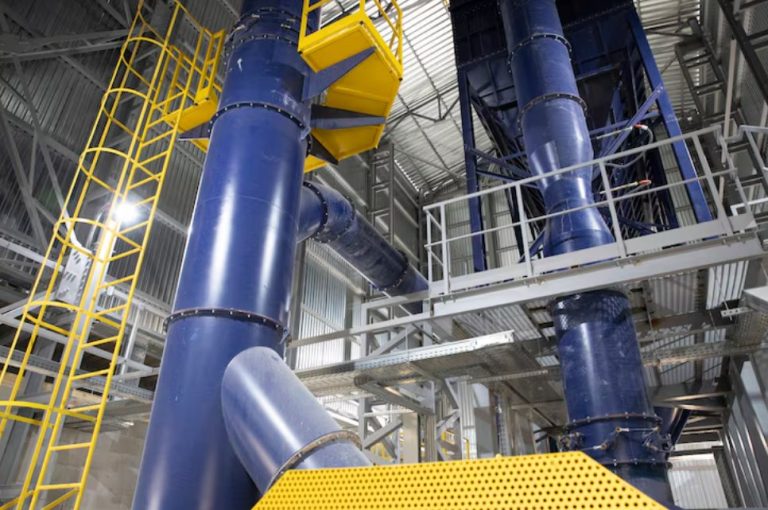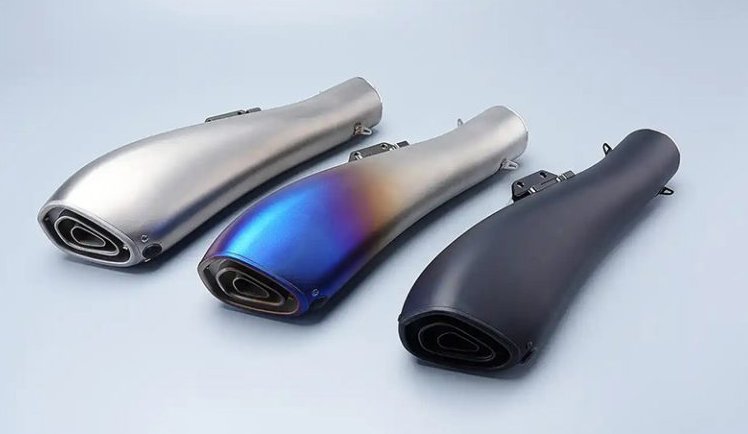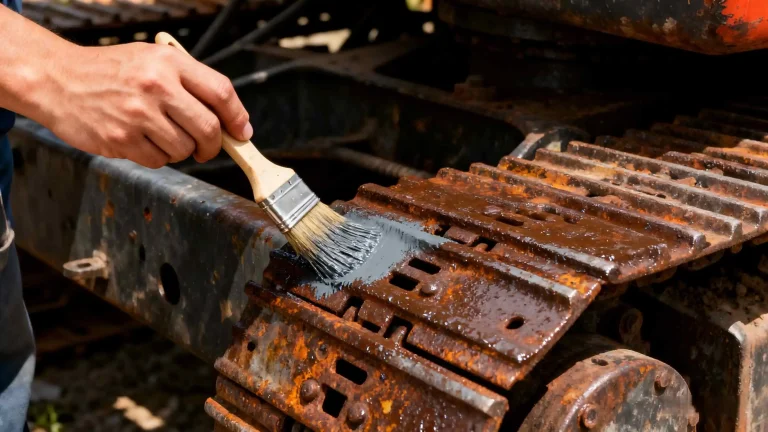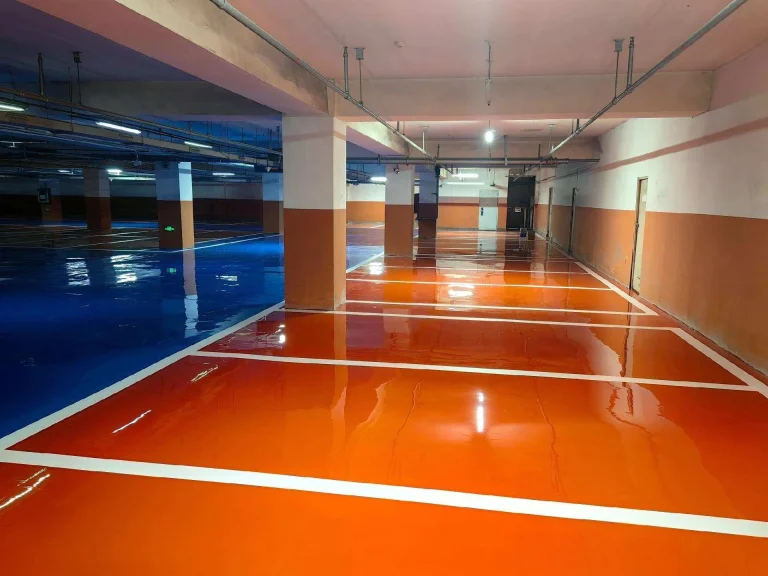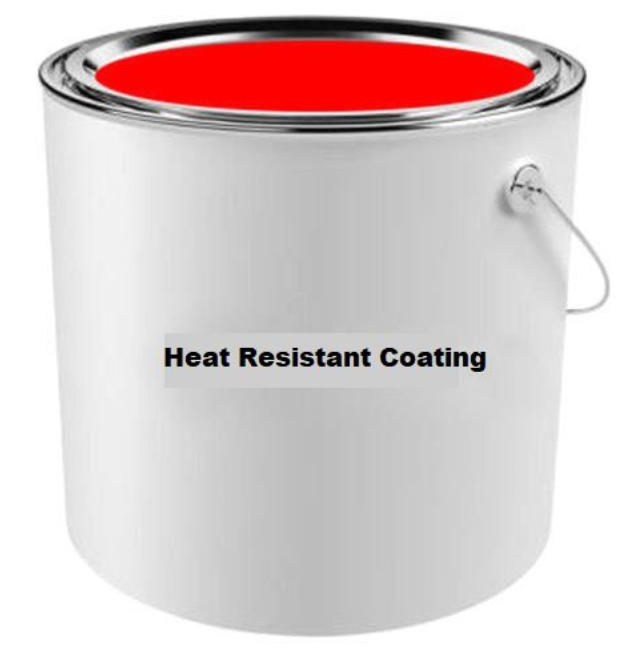
Hey there. If you’re fixing up an old fireplace or getting a grill ready for summer, you’ve likely thought about heat resistant coatings. These strong protectors save parts that get super hot. Think motorcycle exhaust pipes or heavy stove grates. But everyone asks: how long do these coatings really take to dry? It’s not just slapping on paint. Drying time makes or breaks the job. Stick around. I’ll explain it step by step. We’ll look at real uses like wall heaters, burner parts, and more. I’ll keep it simple and useful.
What Are Heat Resistant Coatings Anyway?
First, let’s be clear. Heat resistant coatings aren’t normal wall paint. They’re special layers made for extreme heat. We’re talking up to 800°C without peeling, fading, or failing. Made with things like silicone resins, they stick to metal. They guard against rust, wear, and heat damage.
You see them everywhere. Take a fireplace. Those run hot for hours. Without protection, the metal bends or rusts fast. Barbecue grills face the same issue. Grease and fire would strip normal paint quickly. Wall heaters need coatings too. The outer shell stays neat while heat blasts inside. Burner tops on gas stoves get direct flames daily. A good heat shield means less cleaning and longer life. Stove grates hold your pots. They need something that won’t chip under heat and weight.
I remember a friend who runs a small garage. He used this stuff on motorcycle pipes. It survived rainy rides and hot engines. No peeling. No trouble. It’s a handy trick for experts and casual fixers.
Factors That Mess With Drying Time
Drying isn’t the same every time. Many things can hurry it or slow it down. Know these to avoid problems. Here’s the list:
Air or Oven Heat
Warm rooms dry faster. Air-drying around 20-25°C takes longer than baking at 280°C. Heat pushes solvents to vanish quicker.
Moisture in the Air
Damp air slows drying. It can cause bubbles or weak spots. Try to work under 60% humidity. I’ve seen wet garage jobs take twice as long.
How Thick You Lay It
Slim coats dry fast. Heavy coats don’t. The trick? One light spray or brush pass. Too much causes cracks later.
Coating Kind
Some are silicone-based. Others aren’t. Silicone types cure faster with heat. But without an oven, they need more time.
Getting the Surface Ready
Dirty metal with oil or rust? The coating won’t stick right. It feels slow because it’s not curing well. Sand it shiny first.
Oh, and fresh air matters too. Bad airflow traps fumes and wetness. That stretches dry times. I once helped a neighbor coat his grill in a closed shed. We waited forever because the air stood still.
Typical Drying Times: What to Expect
Alright, the big answer: how long? For common products—like those handling 800°C heat—it changes by method.
Natural air drying takes about 24 hours. That’s full curing, not just surface dry. The surface might dry in 1-2 hours. But don’t rush to use the item. A thin-coated grill could handle light use after a day. Test it first.
Baking? Much quicker. Put it in at 280°C for 15 minutes. Done. Use it after cooling. This is great for factories or eager home fixers with oven access. For a wall heater shell, baking bonds the coat tight. No long wait.
| Drying Method | Surface Dry Time | Full Cure Time | Best For |
| Air Drying | 1-2 hours | 24 hours | Home jobs on fireplaces or grates |
| Oven Baking | 5-10 minutes | 15 minutes | Pro work on burner tops or heaters |
| Forced Air (fans) | 30-60 minutes | 4-6 hours | Quick repairs on barbecue grills |
These numbers come from real specs, like silicone paints facing direct flames. But always check your can. Brands vary a little.
One odd tip: in cold weather, air drying can take 48 hours. I found out the hard way coating a heater last winter. I had to move it indoors.
Step-by-Step: Applying Heat Resistant Coatings Right
To get drying right, apply it smart. Here’s how, from proven steps.
1. Ready the Surface
Sand or grind to bare shiny metal. No oil. No water. Wipe with a clean rag. For a stove grate, scrub off old grease first.
2. Mix and Thin
Add thinner as directed. Thin coats cover well. Don’t pile it on. Brushing works without a sprayer. But keep it light.
3. Put on the Coat
One slim layer. Start from the back on a fireplace. For burner tops, cover non-metal spots.
4. Dry Time
Pick air or bake. Baking takes 280°C for 15 minutes. Air drying? Leave it untouched.
5. Try and Use
After curing, heat it slowly. No sudden high heat.
Follow this, and drying stays reliable. Skip a step, and you might redo everything. Like when I forgot to thin the mix on a grill. It took forever to set.
Why Konaz Stands Out as Your Go-To Supplier
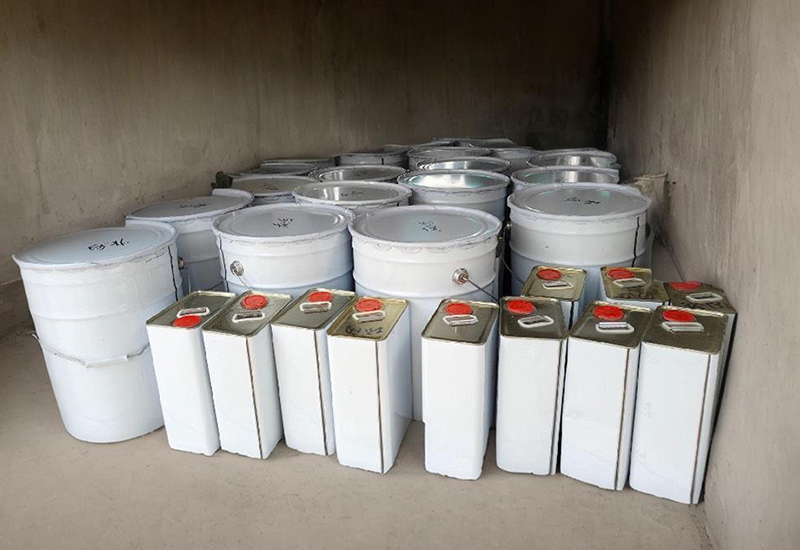
Talking about steady products, if you need top heat resistant coatings, try Konaz. They’re in Foshan, China. They make coatings handling 800°C easily. With a big factory and over 15 years’ work, they cover fireplaces, grills, heaters—all of it. Their silicone mixes focus on no-fade, no-peel results. They ship everywhere. A good pick for quality without trouble.
Wrapping It Up: Patience Pays Off
So, that’s it. Heat resistant coatings dry in 15 minutes baked or 24 hours aired. But things like damp air and heavy layers matter a lot. Whether you’re shielding a fireplace or a barbecue grill, right dry time means longer life and less stress. It’s all about setup and method. Next time you coat a burner top or stove grate, recall: hurry it, and it might fail. Wait properly, and it’ll shine through the fire.
FAQs: Quick Answers on Heat Resistant Coatings Drying
How long does heat resistant coatings take to dry naturally?
About 24 hours for full cure. Surface dry in 1-2 hours. Good for home jobs like wall heaters without special tools.
Can I speed up how long heat resistant coatings take to dry?
Yes. Bake at 280°C for 15 minutes. Perfect for heater cases or stove grates. It slashes wait time.
Does thickness affect how long heat resistant coatings take to dry?
Yes. Slim coats dry faster. Thick ones can crack and dry slow. Use light sprays on grills to skip problems.
What if humidity is high—how long does heat resistant coatings take to dry then?
It gets longer. Maybe 36-48 hours. Try a dehumidifier for burner tops in damp places to stay on schedule.
Is baking always better for how long heat resistant coatings take to dry?
Usually yes. It’s faster and stronger, especially for fireplaces. But air drying works fine without an oven. Just give it time.

